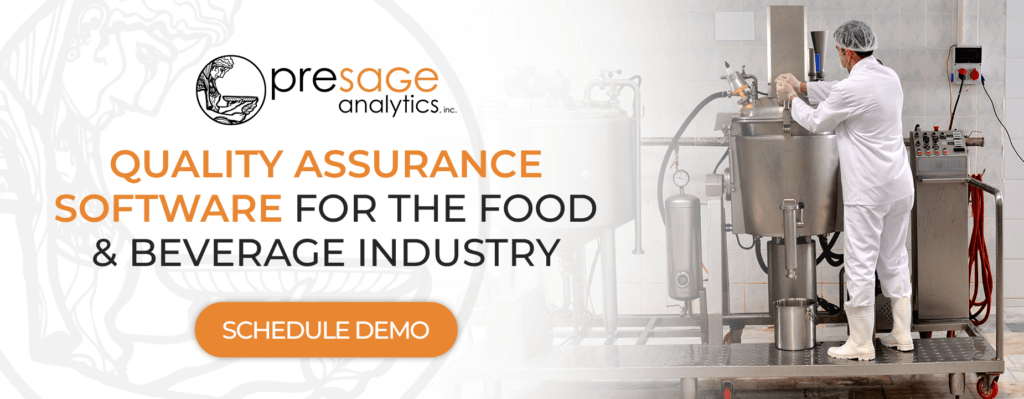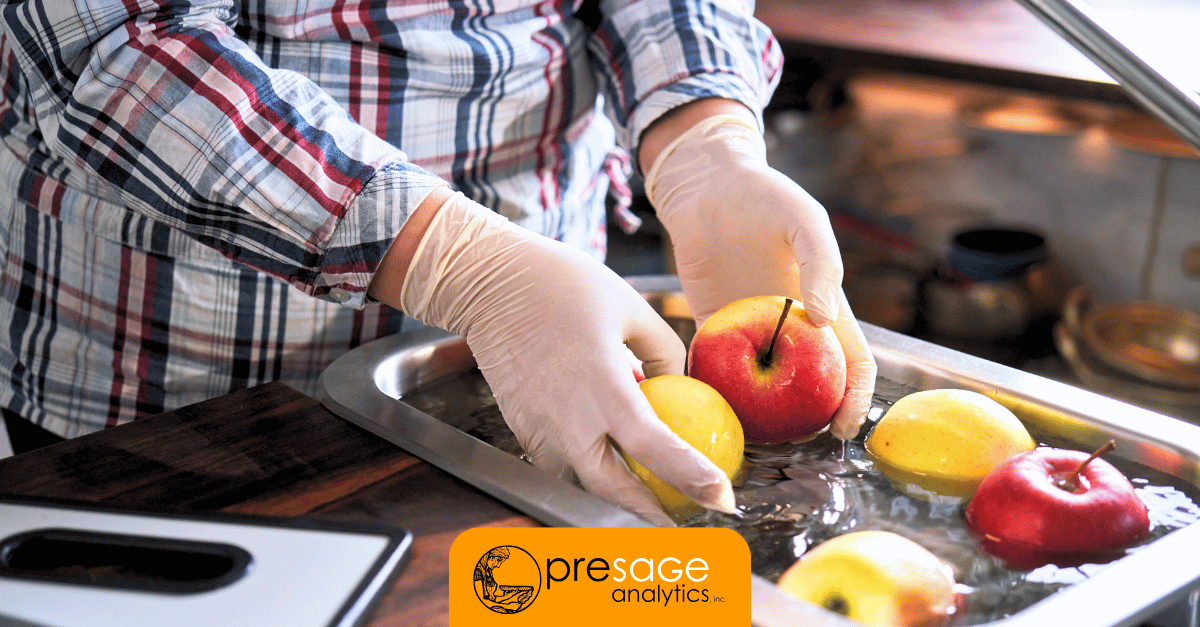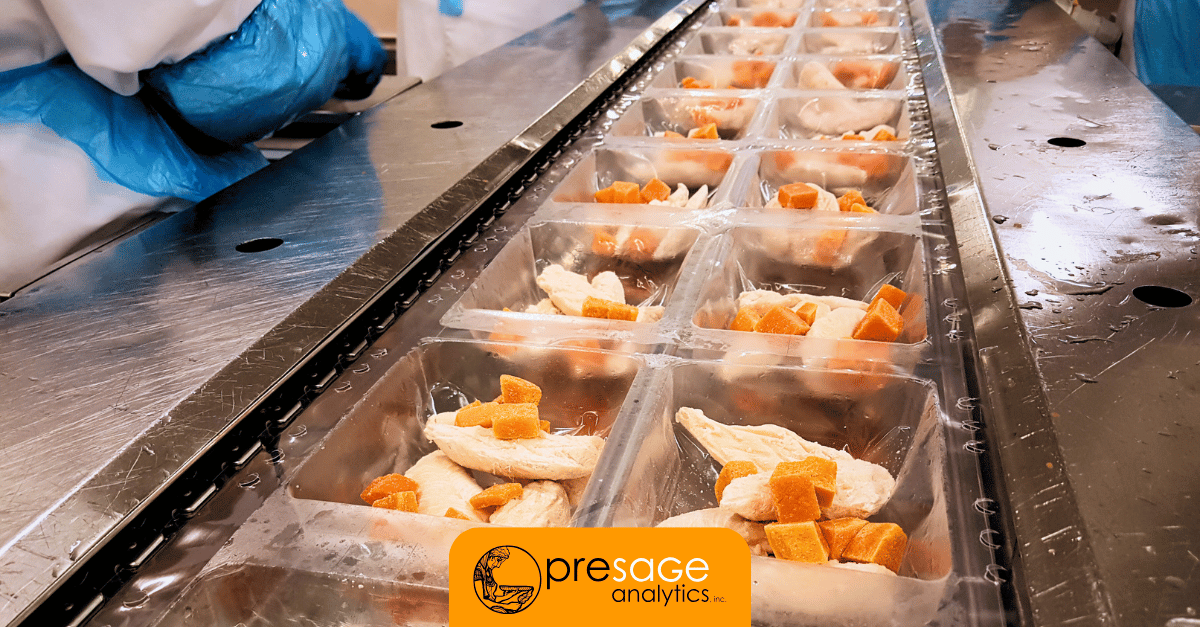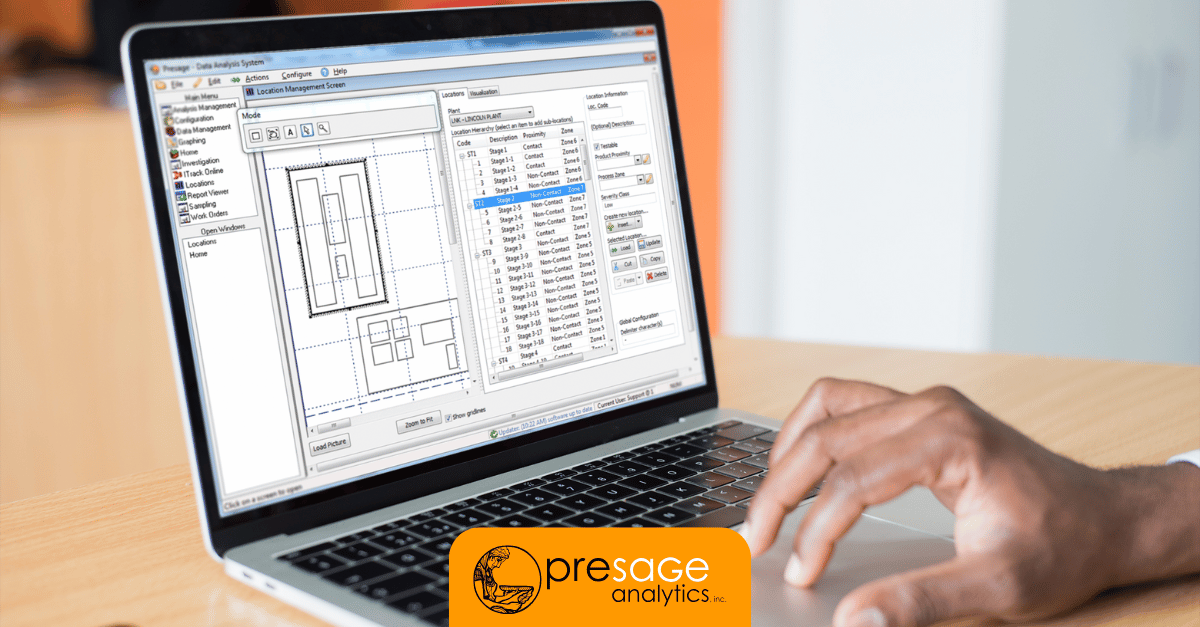The E-Commerce Revolution: How it Impacts Food and Beverage Retail

In recent years, the landscape of retail has undergone a profound transformation, largely propelled by the expansion of e-commerce. While this shift has affected various industries, its impact on the food and beverage sector has been particularly significant. As businesses strive to adapt to this evolving paradigm, understanding the implications is paramount to staying competitive in today’s market.

What Is E-Commerce?
E-commerce, short for electronic commerce, refers to the buying and selling of goods and services over the internet. It encompasses a wide range of transactions, from online retail stores and marketplaces to business-to-business (B2B) exchanges and digital payment platforms. At its core, e-commerce leverages digital technologies to facilitate the exchange of products and services between businesses and consumers.
This digital marketplace offers unparalleled convenience and accessibility to consumers, enabling them to browse, purchase, and receive goods with ease from the comfort of their homes. For businesses, e-commerce presents a dynamic platform for reaching new markets, expanding their customer base, and driving sales growth. As the cornerstone of modern retail, e-commerce continues to reshape the way businesses operate and interact with consumers in the digital age.
Changing Consumer Behavior
The rise of e-commerce has revolutionized the way consumers shop for groceries and beverages. Convenience, accessibility, and the ability to browse a wide range of products from the comfort of one’s home have become increasingly appealing to customers. As a result, traditional brick-and-mortar retailers are facing mounting pressure to enhance their online presence or risk being left behind.

Benefits of E-Commerce
- Market Expansion Opportunities: E-commerce enables food and beverage retailers to transcend geographical boundaries, reaching new markets and demographics. It offers a platform for businesses to expand their customer base and explore untapped opportunities for growth and revenue generation.
- Data-Driven Insights: Through e-commerce platforms, businesses can gather valuable data on consumer behavior and preferences. By leveraging advanced analytics tools, they can extract actionable insights to refine their strategies and enhance the overall customer experience.
- Competitive Differentiation: E-commerce allows food and beverage businesses to differentiate themselves through innovation and personalized customer experiences. By showcasing their unique value propositions, they can stand out in a crowded marketplace and gain a competitive edge.
Logistical Challenges
While e-commerce presents numerous opportunities, it also comes with its fair share of logistical challenges for food and beverage retailers. Ensuring the timely delivery of perishable goods while maintaining their quality and freshness poses a significant logistical hurdle. Addressing these challenges requires innovative solutions, such as specialized packaging, cold chain logistics, and efficient delivery networks.
Compliance and Food Safety
The online sale and distribution of food and beverages necessitate adherence to stringent safety standards to safeguard consumer health and build trust. Implementing robust food safety protocols, from storage and handling to transportation and delivery, is essential to mitigate risks and protect brand reputation.
Future Trends and Innovations
As technology continues to evolve, so too will the e-commerce landscape. From the integration of artificial intelligence and machine learning to the emergence of virtual shopping experiences, the future of food and beverage retail holds endless possibilities. Staying abreast of emerging trends and innovations is crucial for businesses looking to remain agile and ahead of the curve.
In conclusion, the impact of e-commerce on food and beverage retail cannot be overstated. From shifting consumer behaviors to logistical challenges and regulatory compliance, businesses must navigate this evolving landscape with agility and foresight. By embracing e-commerce and leveraging its opportunities while addressing its challenges, food and beverage retailers can position themselves for success in an increasingly digital world.

Schedule a Presage Demo
For a personalized demonstration of how Presage Analytics can empower your food and beverage business to thrive in the e-commerce era, schedule a demo with our sales team today. Stay ahead of the curve with Presage Analytics.





